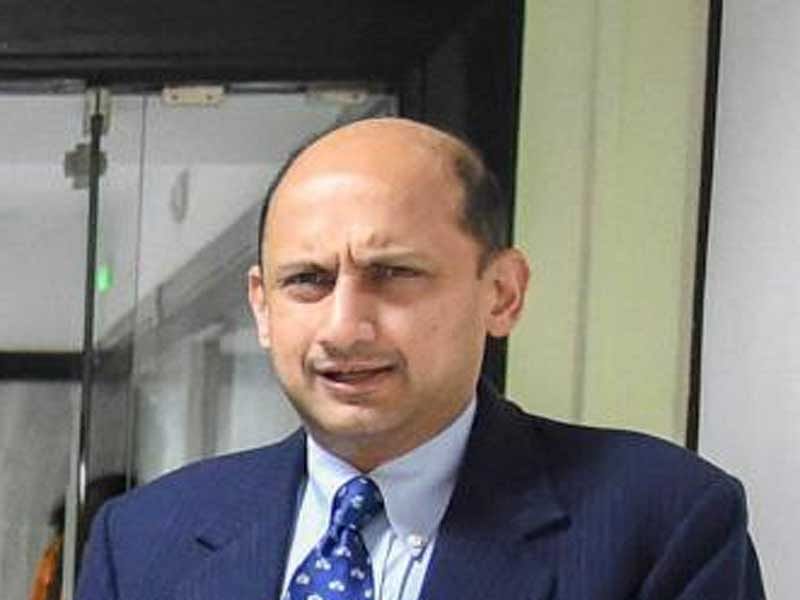With a stellar resume, a C.V. Starr Professor of Economics at the New York University Stern School of Business, 44-year old Viral Acharya, was chosen to serve the Reserve Bank of India, over 100 candidates in the last days of 2016, when the central bank was facing criticism for losing its autonomy over demonetisation.
A strong votary of the central bank independence and probably the lone dissenting voice in the RBI on many policy issues, Acharya took his audience by a storm at a lecture in Mumbai in last year when he warned the governments and curtailing central banks' autonomy and likened the narrow horizons of their decisions with a T20 match.
A government’s horizon of decision-making is rendered short, like the duration of a T20 match..
In contrast, a central bank plays a Test match, trying to win each session but importantly also survive it so as to have a chance to win the next session, and so on,” he said in late October 2018.
Since then the rumours were agog that Acharya may quit. The differences between the RBI and the government had widened and by then the sharing of RBI reserves with the Centre was the most contentious issue.
Two months after his hard-hitting speech at the DK Shroff Memorial lecture, his boss and Governor Urjit Patel resigned, in a surprise decision. A more amicable Governor was installed at the RBI but the debate on its independence continued. Sharing of reserves became such a contentious issue that the government set up a committee under former RBI Governor Bimal Jalan.
On Monday morning, when the news broke about Acharya's resignation six months ahead of his tenure was to end, economists and policy analysts reacted by saying his resignation does raise the question of RBI's autonomy.
The youngest deputy governor of RBI, besides being a prolific economist, has a passion for music, plays cricket and works to promote literacy in India. One of the songs that he had composed much before joining RBI and was often found humming was “Ae dil tu chal ab akele...”. The rebel, who often found that his views on issues such as inflation, growth and fiscal situation, did not match with the majoritarian views at the RBI, has finally decided to 'walk alone'.
He will be leaving the central bank on July 23 for good. This will be second high profile resignation from the RBI in a space of six months. Patel, who quit in December last year, never aired his disappointment with the government publicly but much later an RTI query on demonetisation revealed that the government had angered the RBI through its decision on note ban and it never waited for the central banks' response before slapping that on the country.
Acharya, who has co-authored a few research papers with former RBI governor Raghuram Rajan, is an ardent follower of the former RBI Governor. Once narrating about his experience when a co-passenger in a flight, called him Raghuram Rajan, he said, “I then thought if I have Raghu as my role model and even I hit 5% or 10% of that, I can easily pass off as poor man’s Raghu Rajan”
Besides, two RBI Governors – Rajan and Patel - NITI Aayog Vice Chairperson Arvind Panagariya had stepped down from his position in August 2017. Soon after that, Chief Economic Advisor Arvind Subramanian quit before the end of his tenure. Late last year, noted economist Surjit Bhalla resigned from the Prime Minister's Economic Advisory Council. Earlier this year, two independent members of the National Statistical Commission resigned after the Centre failed to publish a report on employment.

